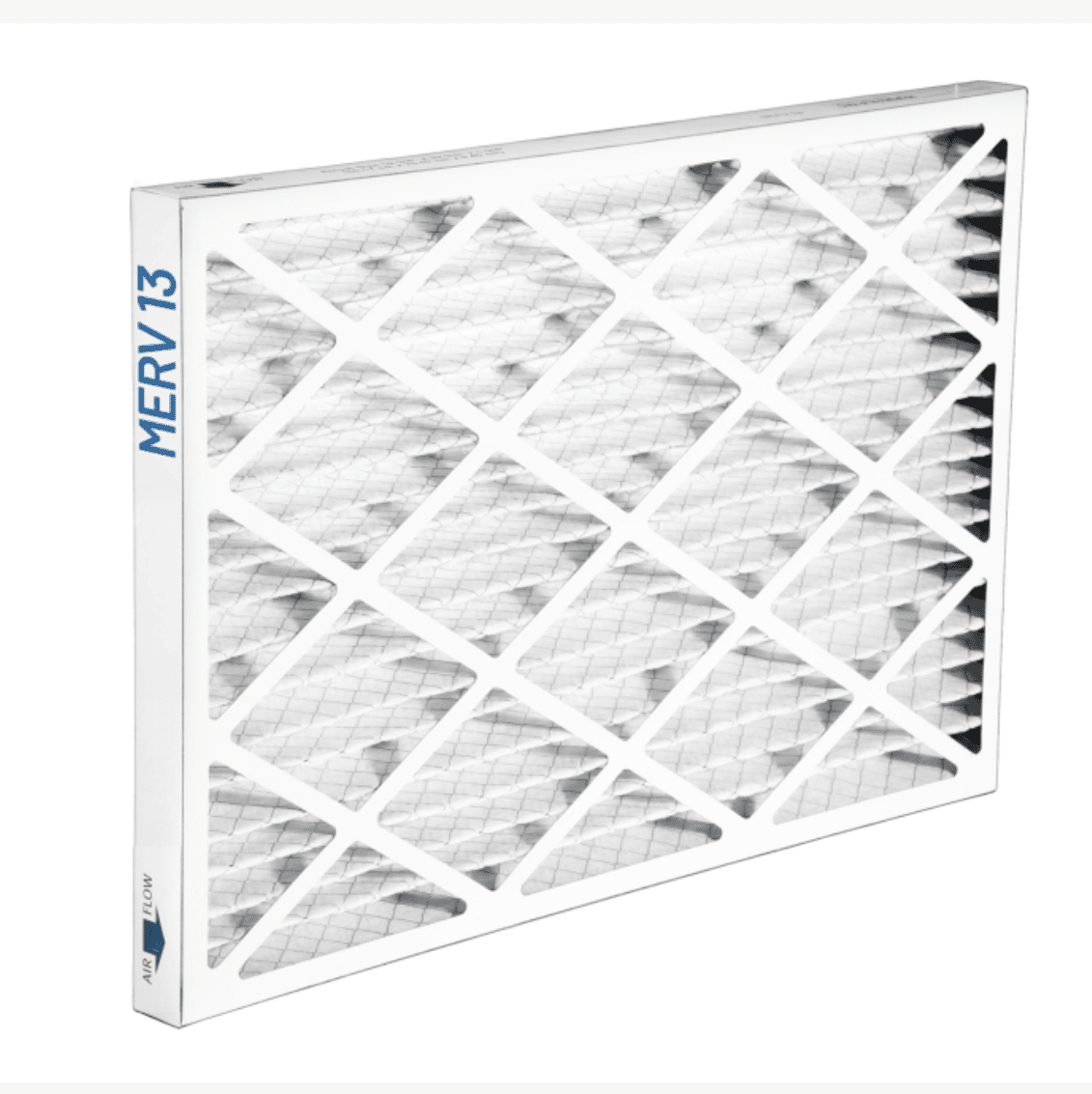One of the biggest industries in the US is the HVAC industry. Almost every home requires a heating and cooling system to keep a comfortable indoor environment. AC systems require filters to handle your cooling needs and circulate clean air throughout your spaces. Ignoring your filter could lead to several issues, including poor airflow, reduced air quality, health problems, and other severe issues.

Air filters installed in American homes have MERV ratings. MERV is an acronym for Minimum Efficiency Rating Value. Its ratings range from zero to about 20. Filters with higher number ratings are more efficient than those with lower number ratings. The ratings are assigned based on the amount of debris and dirt that the filters can accumulate. Filters with higher number ratings can absorb very small particles. In this article, you’ll learn if your AC can handle MERV 13 air filters. Here are some factors that will help you know:
1. Contamination Levels
Homes are situated in different neighborhoods with varying pollution levels. Some are in quiet and clean areas, while others are next to major transportation routes, cities, and manufacturing plants. Some homes also have a huge number of occupants and pets. If you live alone and don’t have a pet, your AC may not need a MERV 13 air filter. A filter with a rating between 1-7 may be perfect for your needs.
However, if you live in an area full of contaminants from cars or manufacturing plants, you may need a MERV 13 filter. These filters are usually recommended for manufacturing companies and hospitals that require high air quality. But if you can afford them, you can buy them for your AC, especially if you want to breathe in less or no bacteria, dirt, and viruses.
2. Replacement Frequency
Air filters with higher MERV values may not require frequent replacements as those with lower ratings. According to many manufacturer specifications, filters should be replaced after between 1-3 months of use. However, if you’re a busy individual and don’t want to frequently change your air filters, you can invest in a MERV 13 filter. These filters trap more dirt and can keep your AC functional for a longer period. They also don’t get clogged easily, minimizing complications that could cause your system to stall. Before purchasing a MERV 13 air filter, contact a professional, and let them assess your home’s needs.
3. Filter Size
AC systems are not created equally, and so are their air filters. Bigger systems may require wider and longer filters while smaller units may need thinner and shorter filters. Before purchasing a MERV 13 filter for your unit, ensure that it fits your system’s specifications. The information about the length, depth, and height of the filters is usually printed on the package. If the filter doesn’t fit your AC, you can talk to a professional and ask them to make you custom filters.
Last Word
Installing a MERV 13 air filter on your unit can be the best thing. These filters are designed to trap more dust and prevent bacteria and viruses from circulating within your home’s spaces. But before buying a MERV 13 filter, contact a professional. They’ll examine your AC and suggest the best filter that can efficiently serve your needs.







